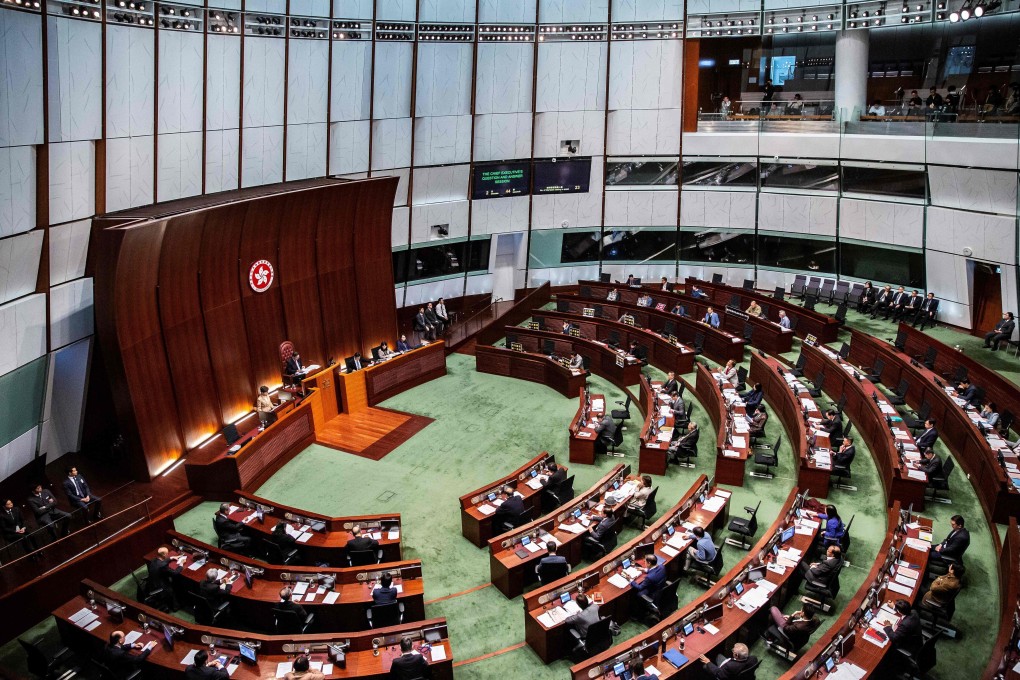Advertisement
Opinion | Beijing’s decision to extend Hong Kong’s Legislative Council term shows simplicity is the ultimate sophistication
- By issuing a concise resolution extending Legco’s term by a year without barring any lawmakers, Beijing sidestepped pan-democrat outrage and left the pro-establishment camp to fight its own battles
Reading Time:3 minutes
Why you can trust SCMP

For those expecting the Standing Committee of the National People’s Congress to dramatically issue an edict that would put in place a “caretaker” legislature made up of only Beijing-appointed members, the minimalist way the Standing Committee extended the sixth term of the Legislative Council must have been thoroughly disappointing, anticlimactic even.
The NPC resolution was no Peking opera. Comprising only 82 words on the “continued performance of duties of the sixth Legco”, the decision sought to fix the problem of a power vacuum that came into being after the Hong Kong government postponed the Legco election scheduled to be held in September due to Covid-19.
Beijing’s decision to not play to the tune of this city’s political drama kings and queens is clever. It is the least controversial option and best serves the purpose of having a serving legislature for the year. The conspiracy theories and political overtones that are usually attached to Beijing’s every act and word make the Standing Committee’s move as practical as it is smart.
Advertisement
Opting for a provisional legislature – as the pro-establishment camp had wished for – would have given Beijing nothing but trouble. The legal issues it would have triggered would fuel the fire of the obstructionists.

01:25
China’s top legislative body extends Legco by ‘not less than one year’
China’s top legislative body extends Legco by ‘not less than one year’
The resolution does not give itself the power to appoint or bar members. The central government is wise to steer clear of the advice of the likes of Executive Council member and local deputy to the NPC Ip Kwok-him, who had wanted Beijing to swoop in and rule that lawmakers who had been barred by Hong Kong election officials from running for the seventh term would be shut out of the “caretaker” legislature.
Advertisement
Advertisement
Select Voice
Select Speed
1.00x
